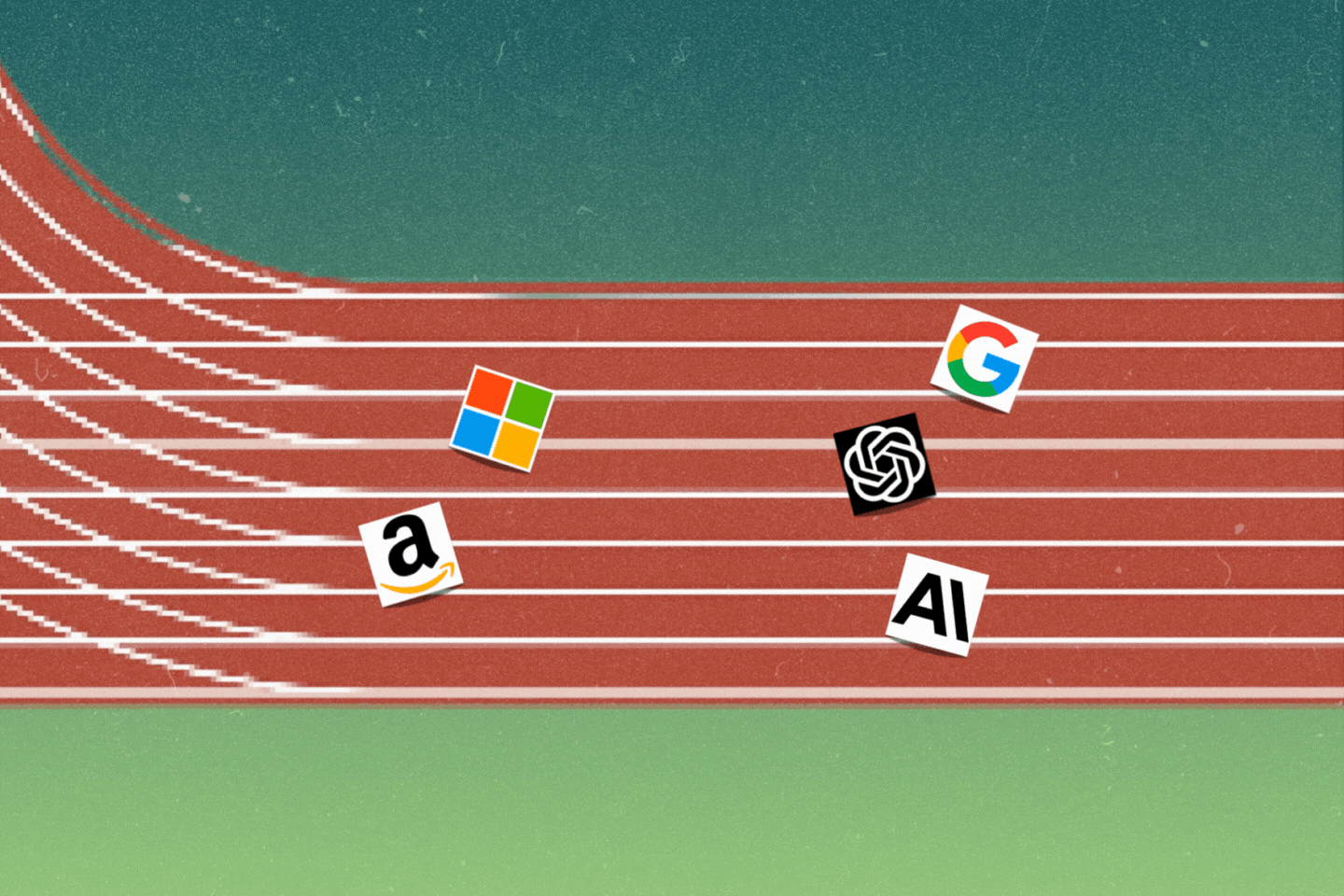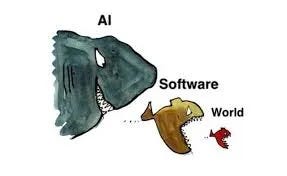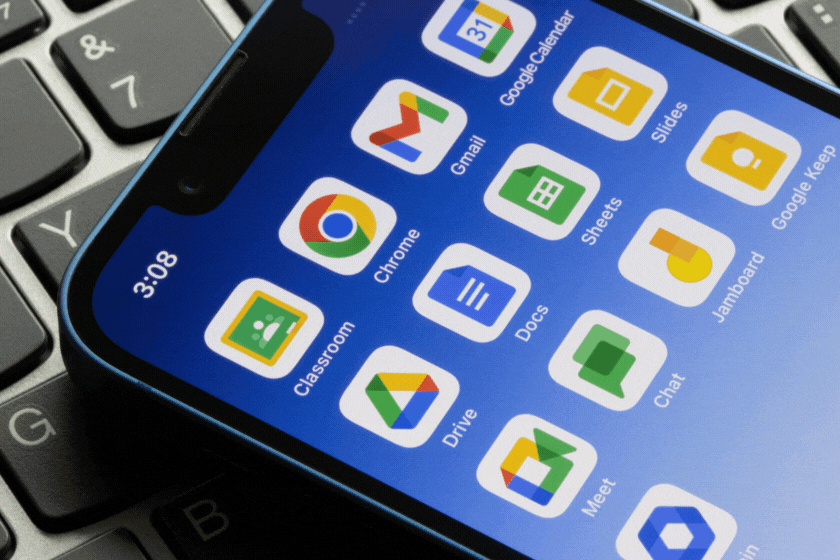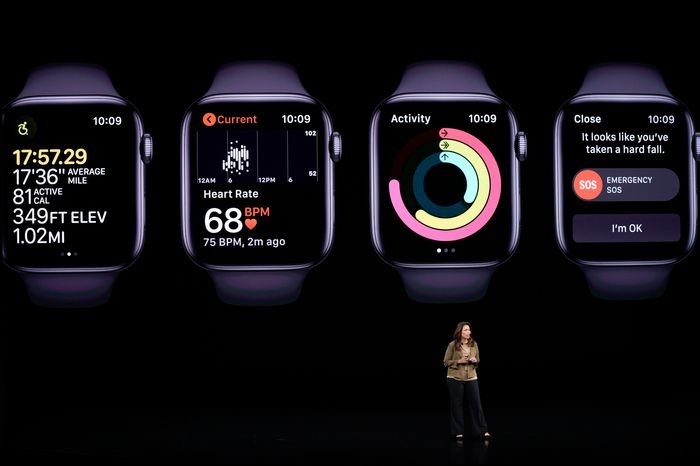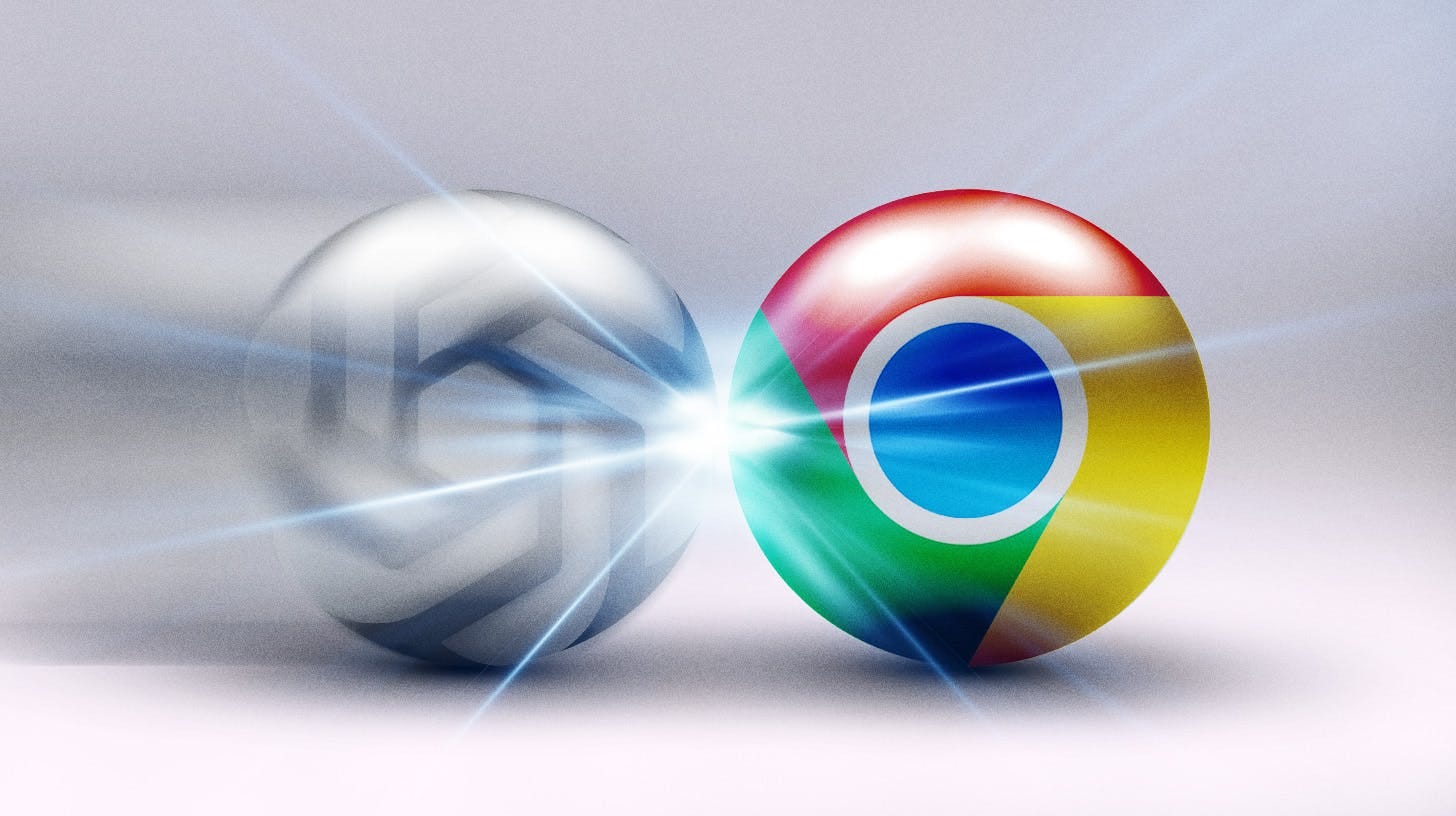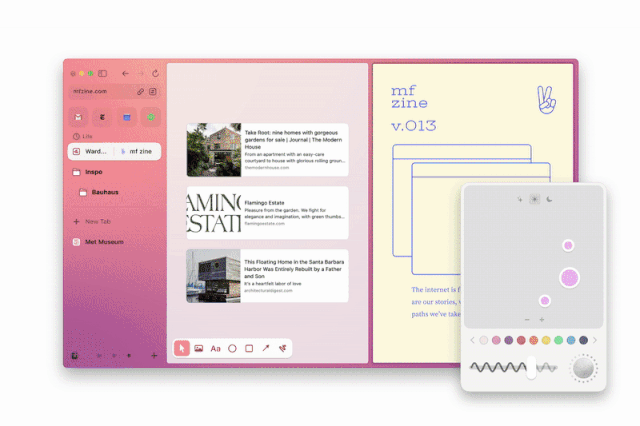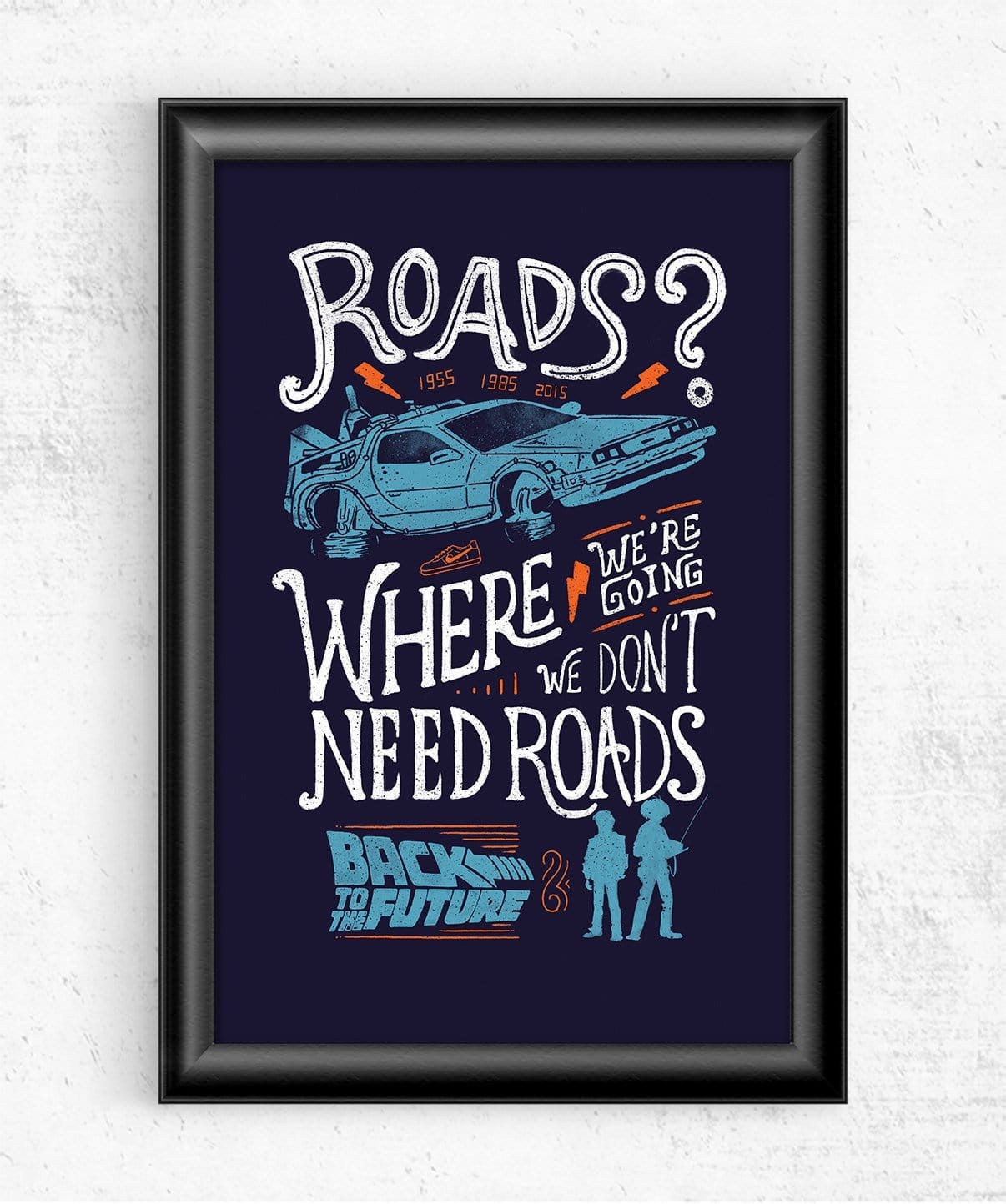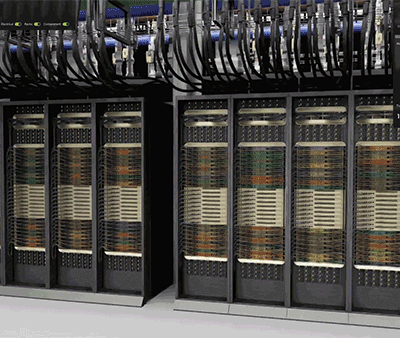
AI: Where "we're going we don't need Browsers". RTZ #566
I’ve been discussing daily here for over 565 days, how AI is about to change so many things here in this AI Tech Wave. AI is poised to be the next UI/UX (user interface/user experience), with OpenAI’s two year old ChatGPT being the first main incarnation.
To paraphrase Doc from the iconic ‘Back to the Future (1985) movies, it feels like where “we’re going, we don’t need so many things” we’ve been using for decades now. The world worrying about Google Search in a world of AI is just one of many such things.
For the last two years especially in this AI Tech Wave, the world has been incessantly worried about ‘probabilistic’ LLM AI software eating so many things:
-
Traditional Software, the ‘deterministic’ kind we’ve done for over 70 years on transistors.
-
Voice devices like Amazon Alexa, Apple Siri and others,
-
Websites by content publishers that we actually ‘go to’,
-
Most of the SEO ad-riven and driven business models for the current mobile and desktop Internet
And now my friend Om Malik ruminates about ‘AI Eating the Browser’. He lays his thesis thus:
“For most of us, it’s hard to imagine life without an internet browser. But as AI disaggregates information from text, video, and music into unique remixable AI chatbot answer streams, it’s clear to me that over the next decade the browser will need to adapt or die.”
“With the rise of generative AI, we are starting to see atomization of web pages themselves. This in itself undermines the original premise of the web and how it has been built thus far. If there are no documents to connect, how does the browser do what it has done so far? (Bill Gross made a similar point in a conversation with Fred Vogelstein earlier this year. You can read Fred’s story on his new company on CrazyStupidTech.com.)”
That story linked above is well worth reading on how a generational idea by my friend and perpetual inventor Bill Gross of Idealab, came up with the invention that made Google the multi-trillion financial gusher it is today.
I still remember the day when Bill showed me his ad words on search bidding idea (GoTo.com) in his office in 1998. And his current idea and company ProRata today, to solve the content publisher payment problems of the LLM AI world, where the world’s content and data is the fuel that allows it all to perpetually Scale.
What I’ve written about as ‘OTSOG: On the Shoulders of Giants, Go-Getter ‘Creators’ and Grunts’).
What the world talks about as AI Data.
The current Justice Department tussle with Google Chrome, the browser with over 70% of the world’s 4 billion+ internet users, is a case in point, underlining Om’s thesis. And of course Google’s $20+ billion annual payments to Apple, to be the default Search on billions of Apple’s devices via its Safari desktop and mobile browser.
Om goes on to add:
“More importantly, lost in the “AI” and “AGI” hype is the fact that the real breakthrough is the ability of large language models and related technologies to take data and create logical streams, generating text, video, or audio content. This is the fundamental advancement from an “information” standpoint. Even early (and recently developed) tools like NotebookLM (which creates audio from text) give us a directional view of the future.”
And he gives some pithy use cases that can be crafted together with parts from the AI innovation bin just this year, including Apple’s Vision Pro earlier this year (which still blows me away):
“For instance, a decade (or sooner) from now, a customer of AppleNews could ask it to create a curated morning news show featuring information from preselected sources and topics, and have a synthetically created influencer either read it to them or have them watch it on a future version of Vision Pro, or something akin to it.”
And another relating to Health and Fitness, a topic close to Apple and CEO Tim Cook’s heart:
“In the near future, you can imagine a non-human entity — let’s call it a DietBot — acting as your personal nutritionist and meal planner and requiring little to no effort on your part. This proverbial DietBot could analyze your eating patterns, health goals, and dietary restrictions in real-time, and thus match restaurants, or groceries. It could pre-screen options based on your specific needs, automatically flagging allergens, suggesting healthier alternatives, and adjusting portion recommendations based on your day’s activities.”
He goes on to describe the internet framework to date of ‘browsers’, transitioning to things humans need FROM the digital world that they can soon get via AI powered services:
“While browsers are so ubiquitous that it may be hard to imagine life without them, the truth is that we humans have had to adapt to what has been a document-centric web experience. We have been forced to adapt to technological constraints, rather than technology truly adapting to human needs.”
It’s why OpenAI potentially wants to do a browser. Goes well with their AI Search initiative.
And new AI companies like Perplexity and Glean are trying to figure out with AI and Search for consumers and enterprises are also swimming in these waters.
Josh Miller of the startup The Browser Company and its Arc Browser, is working on this idea as Om explains in his piece:
“For most of us, it’s hard to imagine life without an internet browser. But as AI disaggregates information from text, video, and music into unique remixable AI chatbot answer streams, it’s clear to me that over the next decade the browser will need to adapt or die.”
“Just as the iPhone positioned itself as a reinvention of the phone, the browser will go through a similar transition, Miller said. The transition however “will be gradual” and the current form of the browser “will actually be an important” part of that transition “almost as a way to bridge” people to the future and “let their guard down.”
“Miller’s optimism stems from the fact that the browser was able to metamorphose for mobile phones. Our mobile apps are essentially browsers with wrappers to perform specific tasks and make the internet more manageable and personalized. The next evolution might require a bit more contortion.”
And the business models that of course drive the multi-trillion dollar global internet browser based economy:
“The entire ecosystem of the web exists for monetization by large platforms, and — as people like Flipboard founder and CEO Mike McCue, who worked for Netscape during its heyday, will tell you, it has served this purpose quite well.”
I’m a big fan of Mike McCue, whose 1990s era Tellme Networks startup was the one of the first to explore a voice UI/UX for the internet.
“Since the mid-90s, the web and the web browser have been exclusively focused on connecting and rendering content using open standards like HTML and HTTP,” he said. “This worked well for decades and fueled the rise of super valuable web-based businesses like Amazon, Airbnb, and many others.”
“McCue believes that with protocols like ActivityPub, combined with AI, we can create a more personalized, mediated information experience. While he views AI interfaces like Claude and ChatGPT as a seismic shift, he believes that “you’ll always need some technical vehicle.” What will change is how that vehicle is used. Just as the browser evolved for a mobile-first world by contorting itself into apps, the personalized, interactive, dialogue-centric AI system will force the browser to evolve again.”
Great possibilities indeed of ‘Where we’re going’, and what we may not need anymore.
Om’s piece well worth reading in full, including the links.
He is discussing a big idea that a lot of people are working on, the morphing of browsers like Google chrome and Apple Safari on computers and phones, to be reinvented with, and for AI.
There are a lot of technical approaches, and possible financial arrangements with content providers.
It’s a big and tough set of problems. And AI tech is changing from LLM training/inference to creating huge amounts of synthetic data and synthetic content that bring its own technical, financial and regulatory challenges.
So we will see many new startups and big tech companies will try and do this over the next few years. Invent the AI browser as it were, while we invent AI Search, and the attendant business models in this AI Tech Wave. No roads needed. Stay tuned.
(NOTE: The discussions here are for information purposes only, and not meant as investment advice at any time. Thanks for joining us here)


